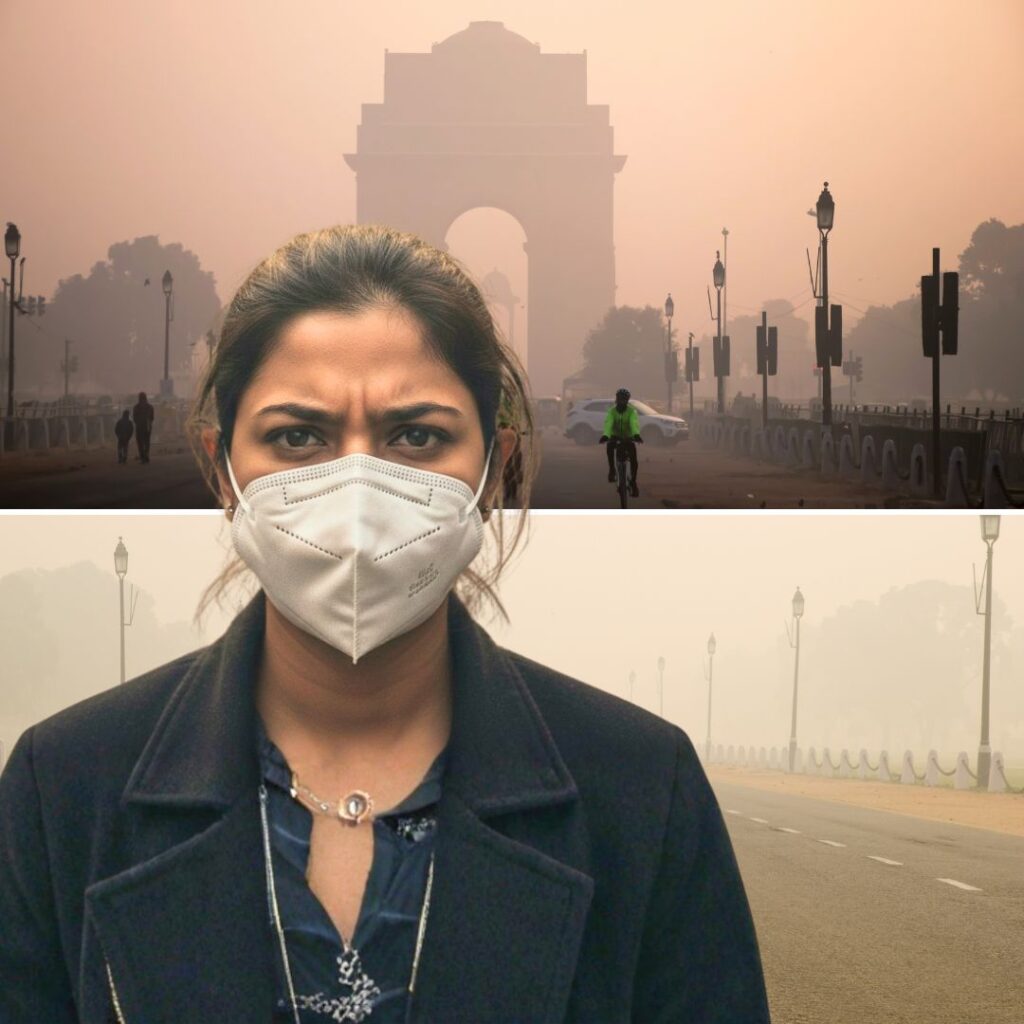On May 1, the Narendra Modi government announced it would run ‘Shramik Special’ trains to transport migrant workers, and others stranded due to the lockdown back to their native states. Various media reports have highlighted the plight of country’s over 14 crore migrant labour force who are in distress during the lockdown due to loss of jobs and livelihoods, hunger, demand of rent from landlords, discrimination by locals, and lack of resources. They are also desperate to go home as evidenced in sporadic, but rising number of protests by migrant workers in Mumbai, Surat and other places.
Sections of the media, political parties, civil society groups and workers had hoped that the Shramik Special trains would help rescue all migrant workers in distress across the country. In practice, however, the trains only seem to be catering to those lodged in government-run shelter homes or quarantine camps, whose names are forwarded by the host and receiving state governments.
Even then, there are numerous problems plaguing the running of Shramik Special trains, including the controversy over who pays for travel by them. There is no clear estimate of the number of migrant workers who will be transported, no Standard Operating Procedure delineating who is eligible to get on the trains, how and where they must apply, what documents they must furnish, and on what basis they might be chosen as passengers.
Moreover, while trains are being run on the request of state governments sending and receiving migrant workers, no guidelines are designating on what basis the Railway Ministry allots trains, how many are likely to run leaving room for ad-hoc decisions and political opportunism.
Camp, Not Shramik Special
When migrant workers across the country left cities in large numbers following the enforcement of the first edition of the lockdown on March 25, many called it the biggest mass exodus in contemporary India since the partition. While many who were part of this exodus made it somehow to their homes or home states, where they were quarantined, several others died on the way. A majority were, however, intercepted by police mid-way, and sent to state government-run migrant shelters cum quarantine camps.
On April 1, just a week into the lockdown, there were 6.75 lakh workers in government shelters across the country. This number continued to rise through April, as more migrants ran out of work, money, and ration, they started returning to their native places, only to be intercepted by police and sent to camps. Yet, there is no official count of their number in the public domain.
Nevertheless, it is clear from several accounts and instances that Shramik Special trains are catering only to inmates of camps. The clearest indication of this came from the Ministry of Home Affairs order on May 3, which clarified that only ‘distressed persons… who moved from their native/ workplace just before the lockdown period but could not return’ – and not all migrant workers and stranded persons – were eligible for transport by train.
Although it provided no details about how to distress was being computed, a Hindustan Times report mentioned that all passengers on board the Aluva-Jagannathpur Shramik Special on the same day were chosen from a camp in Perumbavoor in Kerala’s Ernakulam district, which also housed Assamese and Odia migrant workers. Passengers of other Shramik Special were also quoted in other media reports, saying they were living in camps before boarding trains.
The Logical Indian also spoke to senior civil servants and police officials in West Bengal, Karnataka and Maharashtra who said, on condition of anonymity, that passengers for Shramik Special trains were being chosen from camps. ‘The trains will first accommodate those rehabilitation camps, and then other migrant workers,’ an IPS officer from Karnataka closely involved with the running of trains told The Logical Indian. He said buses were also allowed for inter-state movement, but would have to arranged and paid for by passengers.
Lack of Standard Protocol
The Railway Ministry’s May 2, guidelines for movement of stranded persons by Shramik Special trains enlisted several tasks that states/ union territories (UTs) sending and receiving them were required to undertake. They would have to designate nodal officers, consult each other over stranded persons who ‘wish to move’ between one state/UT and another, estimate the requirement for trains, exchange consent letters with other states where trains would originate/terminate, share the same with Railways before the departure of trains, demarcate a group that would travel on a train, issue certificates to passengers attesting they did not exhibit COVID-19 symptoms, transport them to/from railway stations, provide food packets, and so on.
Despite the above-mentioned tasks that all states and UTs were required to undertake, the Centre did not draw up a Standard Operating Procedure (SOP) for the exercise. Odisha Chief Minister Naveen Pat…











